
Universal Pumping | High Pressure Pumps
High Pressure Pumps for Difficult to Pump Slurry, Sludge, and Food Waste.
In the industrial landscape, effective fluid handling is paramount, and transfer pumps play a crucial role in this process. According to the Flow Control Industry Report 2022, the global transfer pump market is projected to grow by 5.4% annually, reaching an estimated value of $20 billion by 2027. This growth underscores the increasing demand for reliable and efficient transfer solutions across various sectors, including oil and gas, chemical processing, and wastewater management. Transfer pumps not only facilitate the smooth transport of fluids but also enhance operational efficiency and safety, reducing the risks of leaks and spills that can lead to costly downtime and environmental hazards. As industries continue to innovate and expand, the significance of transfer pumps in ensuring streamlined operations and meeting regulatory standards has never been more critical.
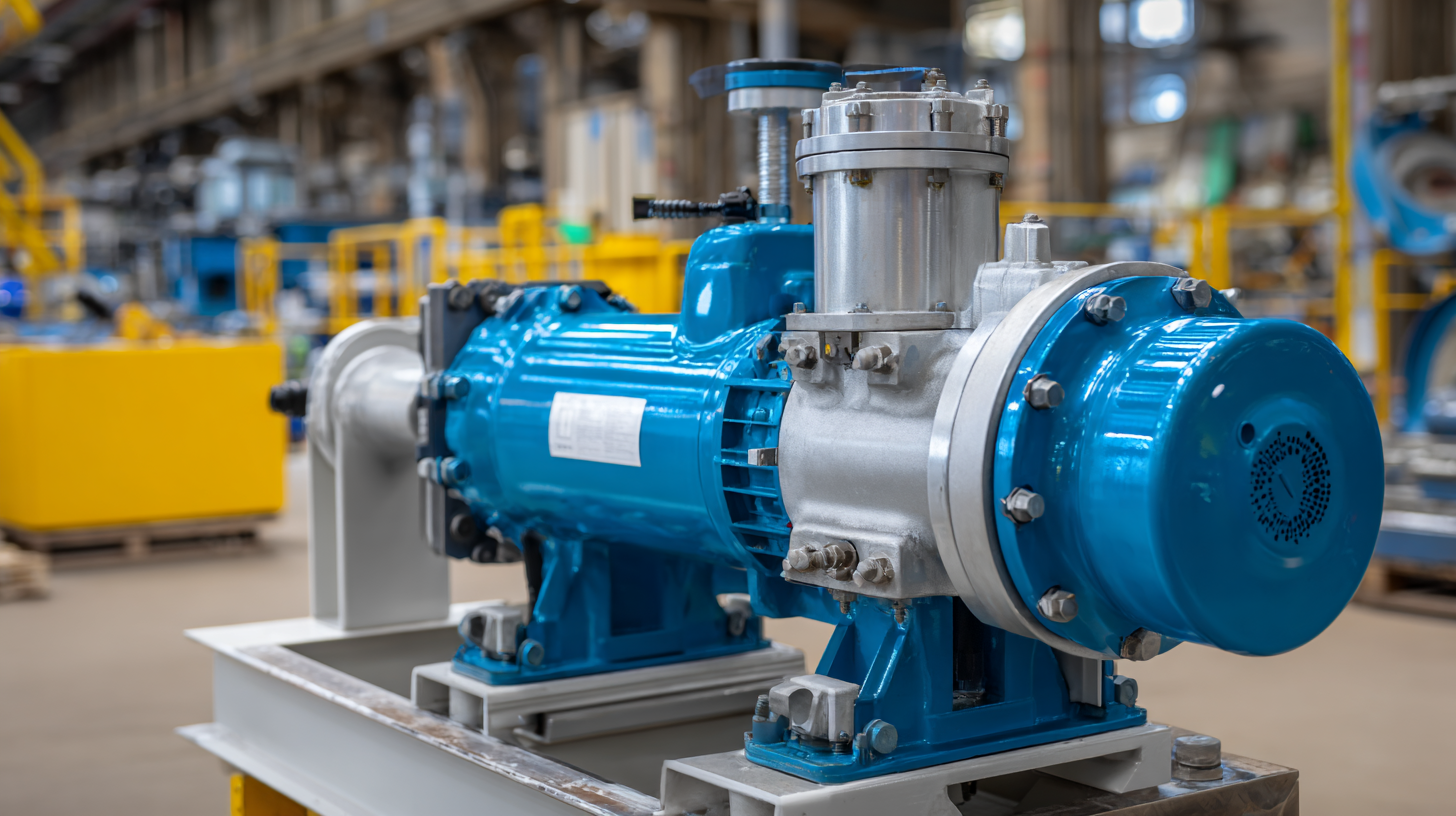
Transfer pumps are vital components in industrial fluid systems, playing a crucial role in the movement and management of various fluids. These pumps are designed to efficiently transfer liquids from one location to another, whether it be between tanks, through pipelines, or into processing machinery. By ensuring a steady and reliable flow, transfer pumps help maintain operational efficiency, minimize downtime, and enhance productivity across various sectors, including chemical manufacturing, oil and gas, and water treatment.
In addition to their role in fluid transport, transfer pumps contribute to the safety and environmental compliance of industrial operations. By facilitating precise fluid handling, they help prevent spills and leaks that could result in hazardous situations. Moreover, many modern transfer pumps are equipped with advanced technologies that allow for real-time monitoring and control, ensuring optimal performance and reducing the risk of equipment failure. Overall, understanding the integral role transfer pumps play in industrial fluid systems underscores their importance in achieving operational excellence and sustainability.
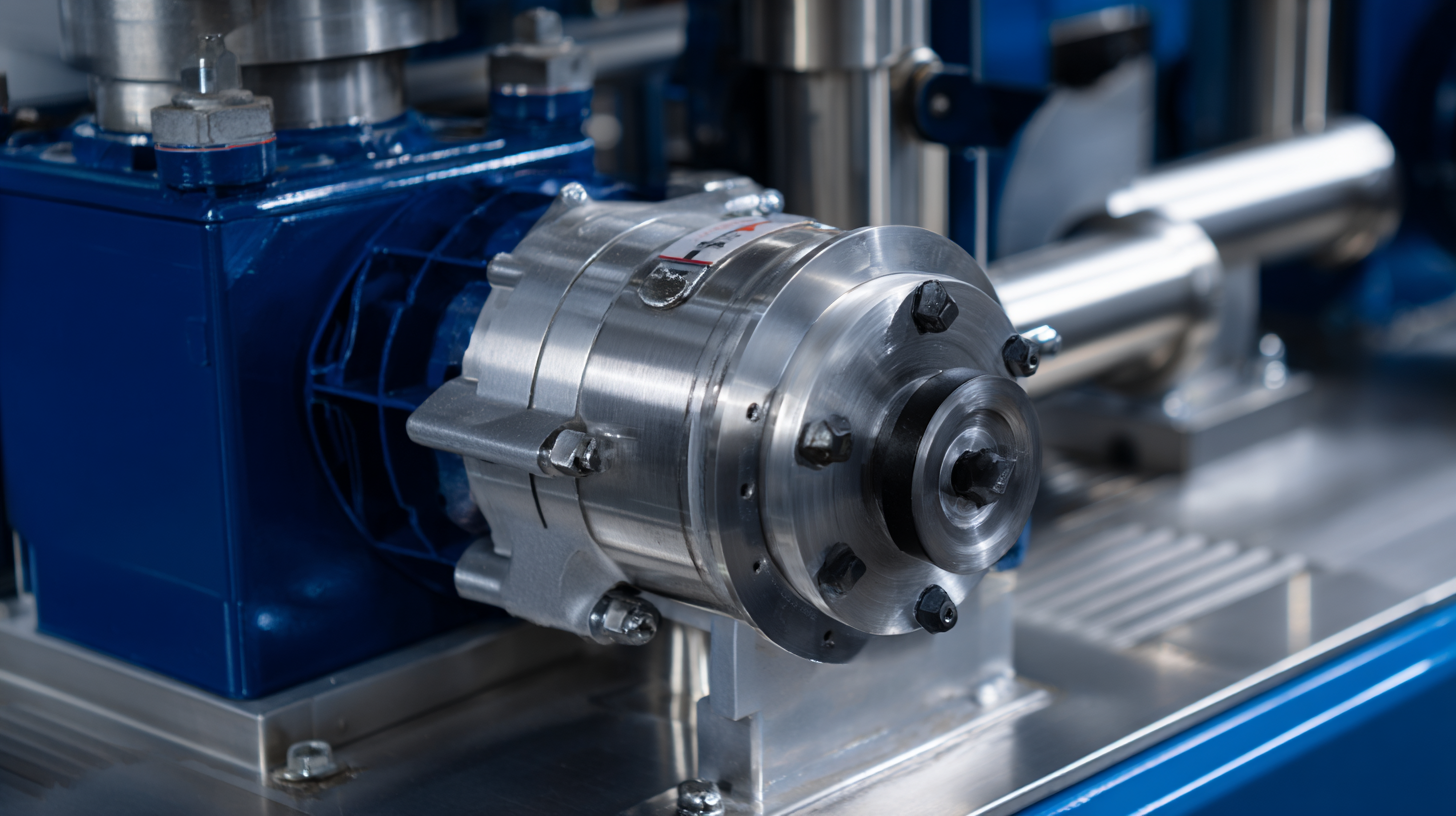
Transfer pumps play a critical role in industrial applications, significantly enhancing fluid management efficiency. According to a report by MarketsandMarkets, the global market for transfer pumps is expected to grow from $18 billion in 2020 to over $24 billion by 2025, reflecting a compound annual growth rate (CAGR) of 6.3%. This growth underscores the importance of these pumps in various sectors, including oil and gas, chemicals, and water treatment.
One of the key benefits of using transfer pumps is their ability to streamline processes. These pumps ensure precise fluid transfer, reducing waste and enhancing safety. For instance, a study conducted by the Hydraulic Institute reveals that optimized fluid transfer can improve operational efficiency by up to 30%. Moreover, transfer pumps are designed to handle a wide range of fluid types and viscosities, which makes them indispensable for industries dealing with diverse materials. This adaptability not only boosts productivity but also minimizes downtime, allowing for continuous operations in demanding environments.
Transfer pumps play a critical role in various industrial applications, providing efficient fluid handling solutions tailored to specific needs. One of the most common types is the centrifugal pump, which utilizes a rotating impeller to increase fluid velocity and direct it through a discharge pipe. These pumps are ideal for moving large volumes of low-viscosity fluids, making them prevalent in industries like water treatment, chemical processing, and oil refineries. Their ability to maintain consistent flow rates under varying conditions enhances their versatility across different workflows.
Another significant type of transfer pump is the positive displacement pump, which operates by trapping a fixed amount of fluid and forcing it through the discharge. This mechanism is particularly effective for high-viscosity fluids or precise dosing applications, highlighting its utility in sectors such as food and beverage manufacturing and pharmaceuticals. Additionally, submersible pumps are crucial for transferring fluids from below ground level, often employed in mining and construction sites for efficient drainage. Collectively, these diverse pump types ensure that industries can handle fluid transfer tasks safely and reliably, optimizing their operations and improving overall productivity.
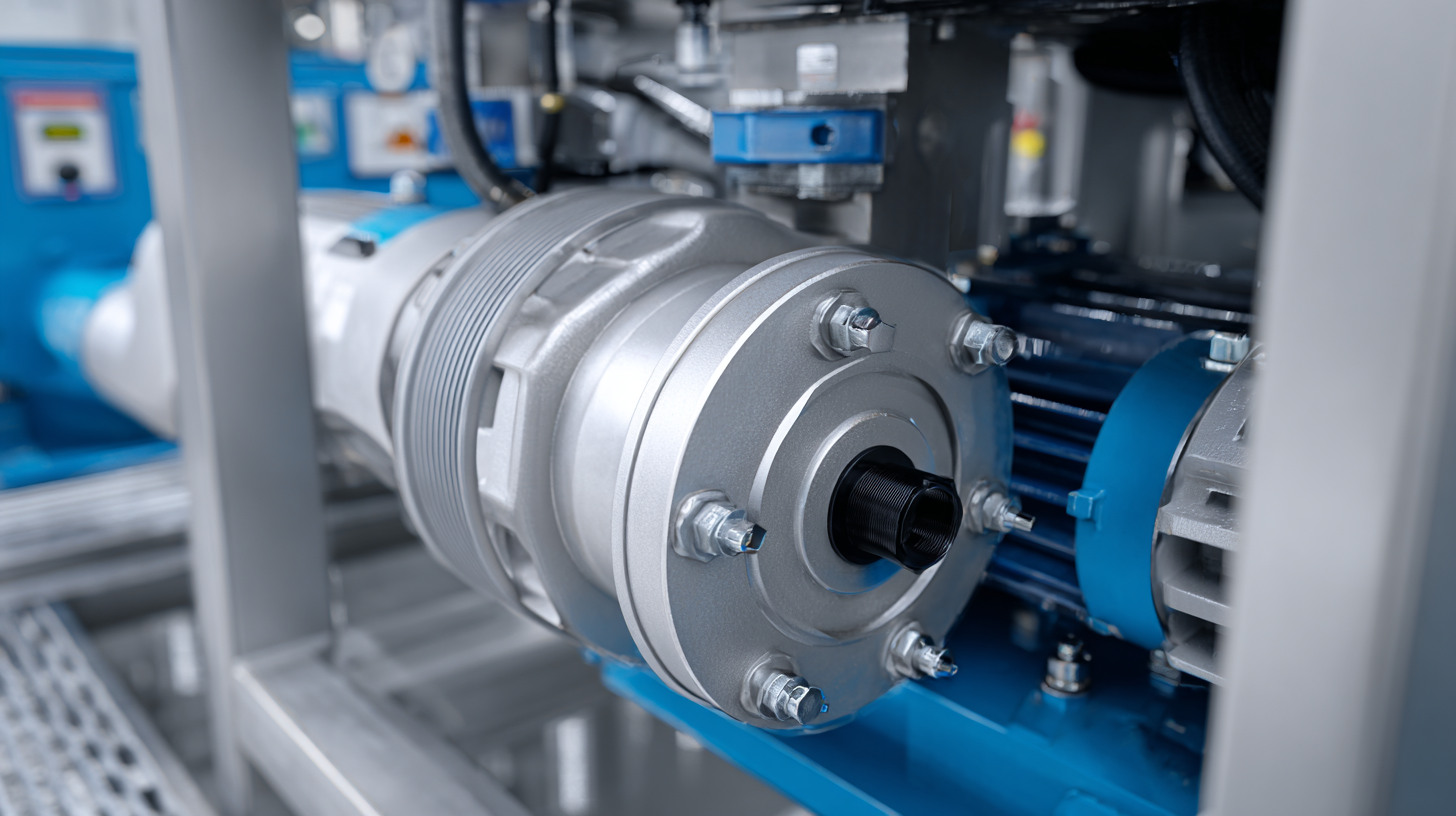
When selecting the right transfer pump for industrial applications, there are several essential factors to consider to ensure optimal performance and efficiency. Firstly, the type of fluid being handled is critical. Different fluids have varying viscosities, corrosiveness, and temperatures, which directly influence the choice of pump. For instance, abrasive liquids may require a pump designed with durable materials, while chemical fluids may necessitate specialized coatings to resist corrosion.
Another important factor is the required flow rate and pressure. Understanding the specific demands of the application helps in choosing a pump that can efficiently handle the required volume and overcome any pressure losses in the system. Furthermore, considerations regarding the pump's energy efficiency can lead to significant cost savings in the long run. Selecting a pump with the right motor size and efficiency rating not only ensures better performance but also minimizes operational costs. By carefully evaluating these factors, industries can select transfer pumps that enhance their fluid handling processes and improve overall productivity.
To ensure optimal performance of transfer pumps, regular maintenance is vital. This involves routine inspections to check for any signs of wear or damage. Key components such as seals, gaskets, and belts should be examined frequently, as they are critical to preventing leaks and ensuring efficient operation. Additionally, it is important to monitor the pump's performance metrics, including flow rate and pressure, to detect any irregularities that might indicate underlying issues.
Another important maintenance tip is to keep the pump clean and free from contaminants. Debris can cause blockages and wear down parts, leading to reduced efficiency and potential failures. Implementing a regular cleaning schedule, along with using appropriate filters, can help maintain the integrity of the pump. Furthermore, lubricating moving components according to the manufacturer’s guidelines can significantly extend the lifespan of the pump and enhance its performance. By following these maintenance practices, industries can ensure that their transfer pumps operate smoothly and effectively, thus optimizing fluid handling processes.
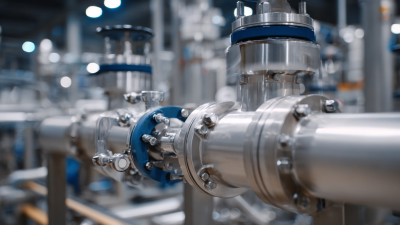



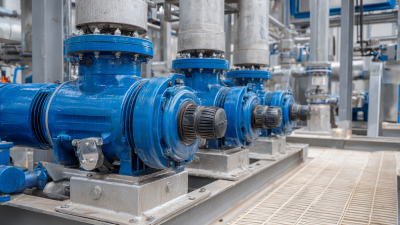

Universal Pumping
625 Apache Trail
Woodstock, GA 30189
Mon - Fri | 9:00 AM - 5:00 PM
Universal Pumping is staffed with industry professionals with 20-45 years experience with high pressure pumping systems. We represent only the “elite producers” in pump manufacturing: Britain’s EMS and Germany’s EMMERICH. Our engineering and manufacturing approach is conservative, and we do not use “guess work” in the design or sales of our pumping and filtration equipment.



